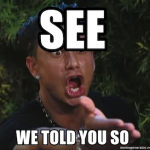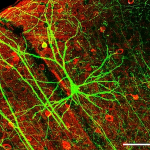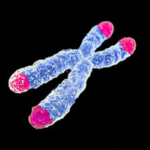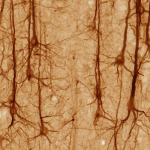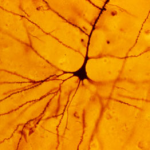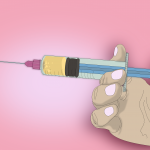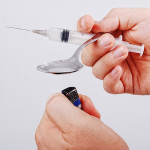We aren't the sort of organization that likes to say "We told you so." (Okay, that was a lie. We totally are.) Secular doomsday prophet Paul Ehrlich has been proven wrong (again), and ACSH has been proven correct (again).
Mental Health & Society
Older people often take many supplements, including ones purported to help with brain health. A recent study says the supplements do not work.
For those of us distracted by our phones, there's a new app to help us focus. Should we be surprised? No. A proof of concept study has the details.
The benefit? You might just be getting better at the game you’re practicing.
A new study reveals that reduced telomere length is associated with childhood trauma in those with schizophrenia and bipolar disorder. Does this new research make a compelling case for its use in the real, not theoretical, world?
Addiction is a complex phenomenon. Genetic, physiological, cultural and socioeconomic factors all appear to play a role. Now, new research in rats shows that heroin addiction activates brain circuits associated with negative emotional learning, which in turn creates persistent unpleasant emotions that a user suppresses with yet more opioids.
We no longer provide treatment to drug-addicted or mentally ill people who cannot, or will not, care for themselves. Society has decided that it's more compassionate to allow these unfortunate souls to make their own choices, even if those choices are irrational, self-destructive and dangerous to the community.
There is overwhelming evidence to suggest that the brains of men and women differ, sometimes substantially, and especially when it comes to mental illness. But a new book, which is making waves in the media, denies this.
Due to rampant false claims, could moratoriums on medical searches by social media companies actually free up time in an office visit. And also, lessen health care burdens?
A Japanese official blamed the country's shrinking population on people who don't have children. The comment was a classic Kinsley gaffe, something that was obviously true but taboo to say, possibly because it's a touchy subject in Japan.
Treating addiction first requires that we understand it. As it turns out most people know little about what addiction actually is, and even less about what causes it. An expert breaks down the issue, so we can better understand what we're seeing unfold around the country.
In the short term, it seems that social media could be helpful in creating supportive networks for people with poor mental health. But in the long term, it depends on how we start to challenge societal perceptions of the issue. If nothing changes, then at least be prepared for challenges ahead.
